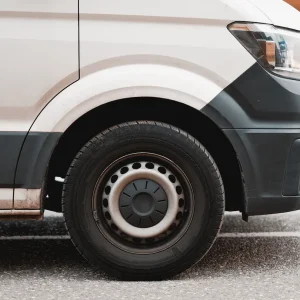A free guide to help commercial vehicle drivers avoid crime has been published by security firm Maple.
The Driver’s Cargo and Road Transport (CART) Security Guide has been written in collaboration with experts from the RHA, DHL, RSA Insurance Group, Motorway Buddy and the National Vehicle Crime Intelligence Service.
It is a follow-up to the original CART Security Guide which was produced for transport and loss prevention professionals in 2017.
According to Maple, the publication of the new guide comes as economic pressures spark concerns of a spike in cargo crime, while there are also warnings of a pending new wave of irregular migration.
Topics covered by the guide include terrorism, the importance of secure parking, deception, and theft from moving vehicles.
The guide can be downloaded free from the website, or via the Motorway Buddy app.
Maple technical director Alan Maple said: “Cargo crime is a vast and ever-changing subject, yet from a driver’s perspective it is one that often gets overlooked and afforded little priority.
“Following the original CART Security Guide this seemed like a natural and very important progression, offering insight and guidance to the very person who is most likely to encounter such incidents.
“At Maple, we have spent many years trying to improve the security of commercial vehicle operations. I feel we are well positioned as a company and indeed have a moral responsibility to promote awareness and good security practice.”
RHA security forum secretary Chrys Rampley said: “This guide has been produced to provide an overview of the varying threats professional drivers might be exposed to; to help determine the level of risk and offer advice on how drivers can protect themselves, their vehicle/trailer and the cargo being carried.
“Cargo crime is a wide and varying subject, in common with other criminal activity, security threats are ever evolving, and it is important that collectively we acknowledge this threat and are aware of best practice to minimise this risk.”





